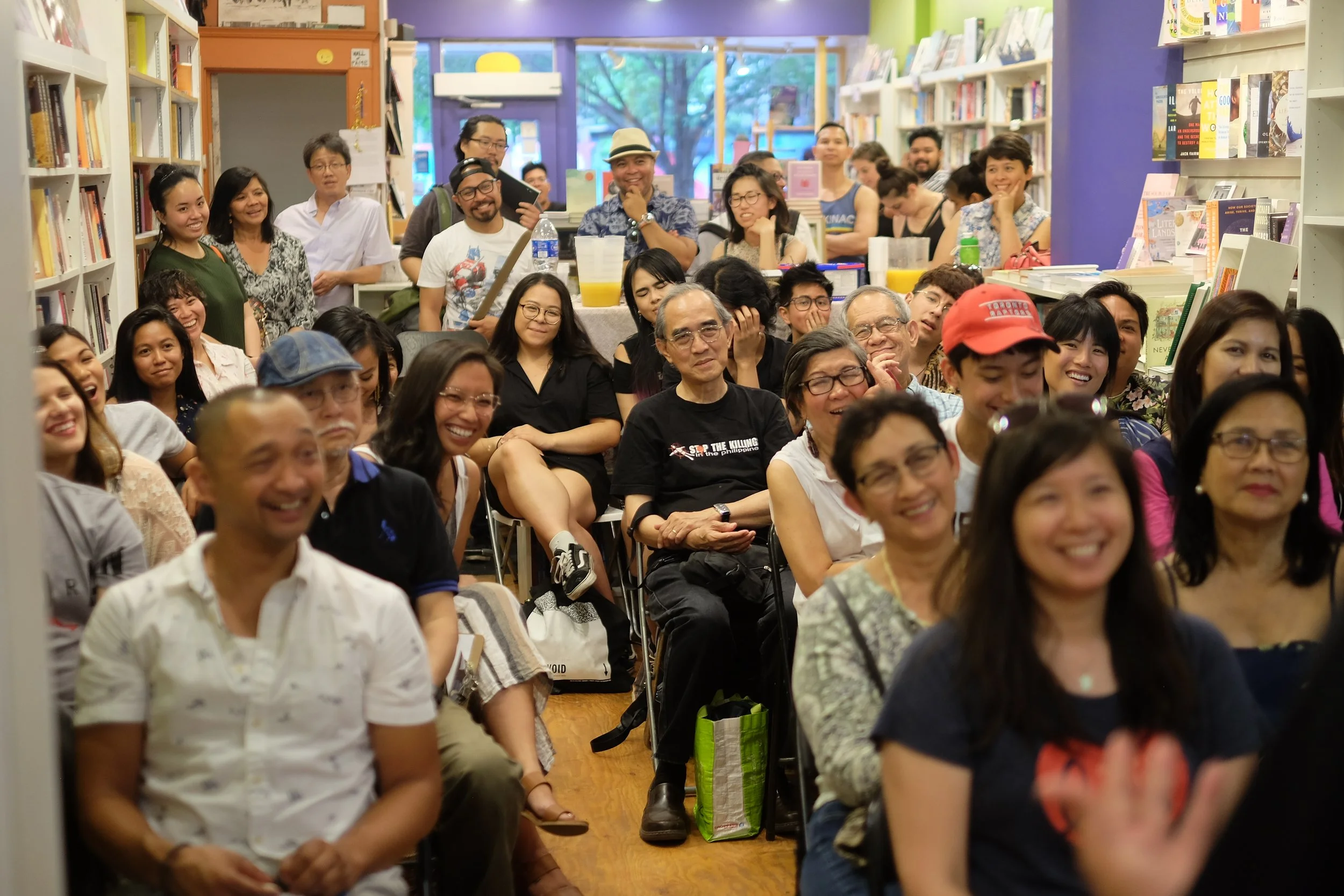By now it should no longer be news that COVID-19 has brought devastating and disproportionate loss, anguish, and incredible stress to Black and brown communities around the world. The Filipino/a/x community, — that is, my community — has been hit particularly hard as we make up a large part of the care industry and the frontlines of this pandemic.
All around the globe, we can be found working in hospitals as nurses, as nannies to children of wealthy families, as caregivers in senior’s homes, as in-home and personal support workers to the sick.
34.4% of internationally-trained nurses around the world are from the Philippines — that’s fully a third of the world’s nurses. In Canada specifically, Filipino/a/xs make up 1 in 20 healthcare workers and more than 90% of the migrant caregivers providing in-home care under the Live-In Caregiver program.
But those are just the numbers. Those are the faceless and forgettable statistics.
They don’t tell you the stories of my titas, my titos, my ates, and my kuyas—blood-related or not — and the textured lives that they lead, not just as frontline workers, but as human beings.
Cultivating Care Through Our Writing Workshops
A few months ago, I had the sincere privilege of facilitating writing workshops on behalf of Living Hyphen, specifically for Filipino/a/x caregivers, nurses, personal support workers, and other essential workers in an attempt to move past these cold and unfeeling numbers and get to the heart of our caregivers’ stories. The stories of the people who are working day in and day out to serve, protect, and keep each and every one of us safe during this global pandemic.
In partnership with North York Community House (NYCH), a multi-service settlement agency, we developed Cultivating Care — a writing and storytelling workshop that explores what it means to give and receive care from afar.





